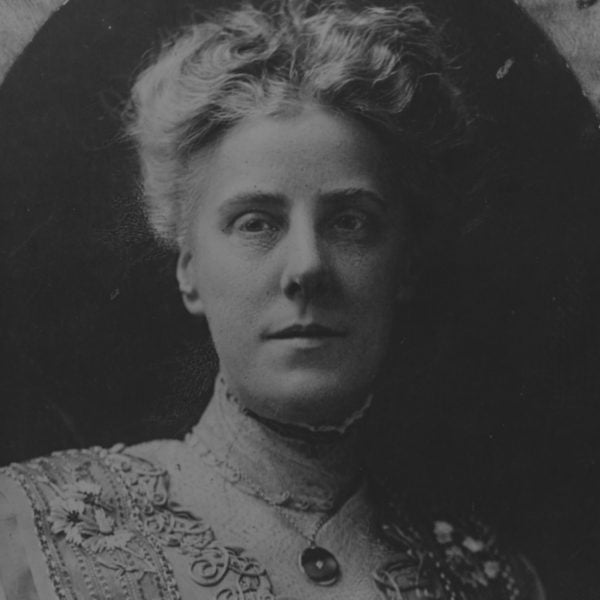Mums around the country were spoiled with flowers, gifts and maybe breakfast in bed on Sunday all in the name of Mother’s Day.
It was an opportunity for kids to do what we really should be doing all year round – saying thank you to the woman we love for all she does for us.
And while that sentiment is in the spirit of the inventor of the holiday’s wishes, she really would have hated the Mother’s Day of 2017.
Listen: Andrew Daddo’s daughter Annouk weighs in on a kid-free Mother’s Day.
Anna Jarvis, who invented Mother’s Day, would have scoffed at the jewellery ads that dominate media in the lead-up to the big day and been enraged by the annual spike in greeting card sales.
How do we know this? Well, the so-called commercialisation of the day had already begun when Jarvis was alive, and she did not like it, according to historian Katharine Antolini.
When studying the history of Mother’s Day, Antolini found that in the years that followed her mother Ann Jarvis’ death in May 1905, Anna began the day as a tribute to her mother. (That’s why the day falls on the second Sunday in May).
After the first Mother’s Day service one morning in 1908 at St Andrew’s Methodist Church in Grafton, West Virginia, Jarvis campaigned for the day to be recognised as a national holiday. And in 1914 it was, though at the time aimed specifically at honouring mother’s whose sons died at war.


Top Comments
Great article! I had no idea about this! I must admit that I hate the over commercialisation of these days myself. We should be telling our mothers and fathers that everyday is their day and we love them!
I actually found it rather amusing, and maybe a little bit icky, that a lot of the commercials for mother's day gifts were a bit of a slap in the face. There was one for the Scholls Diamond Foot File (Happy Mum's day, by the way your feet are really hard and scaly), or the Veet hair trimmer, for those "intimate" areas (Love you Mum, but you are a little hairy). I think this is just one step up from a vacuum or iron and ironing board.